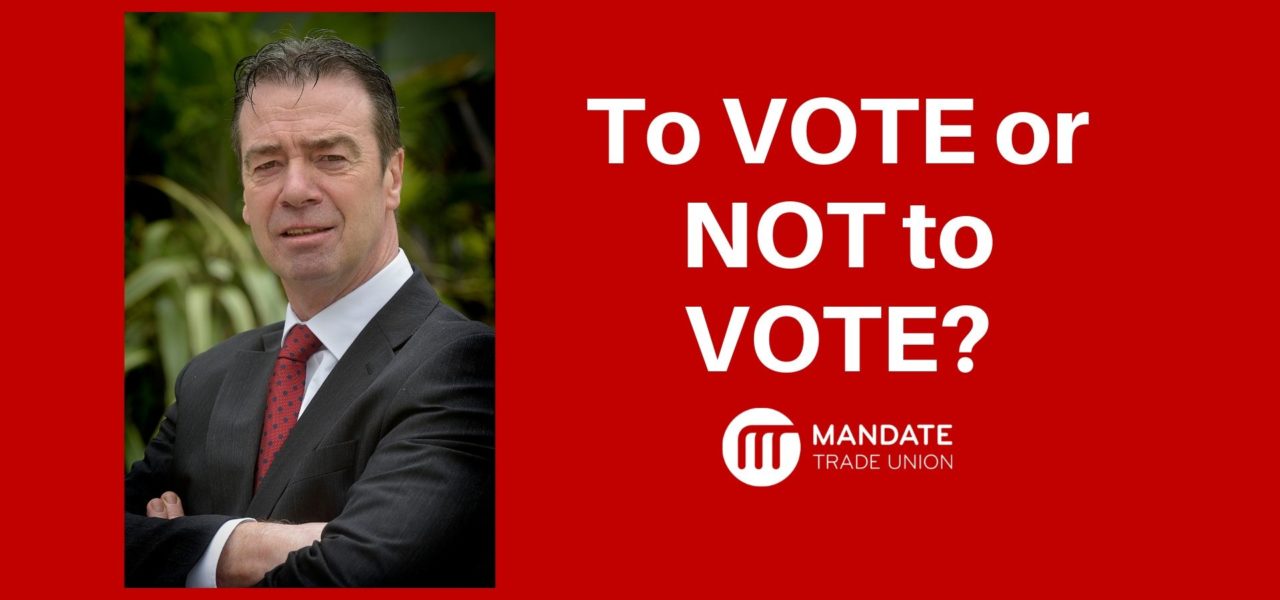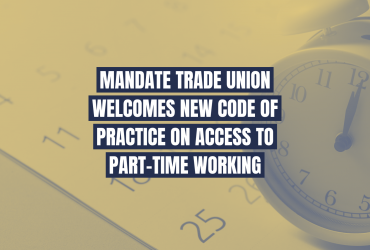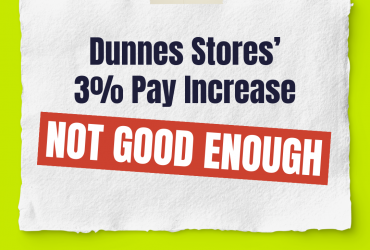
To VOTE or NOT to VOTE?
Friday 9 August 2019STRAIGHT TALKING, BY JOHN DOUGLAS
AS THE dust settles on the Local and European election results we ponder the significance of these results and what they mean for workers, their families and their communities.
More than 10 years on from the financial crash of 2008 which caused and continues to cause so much hardship, we ask: is the collective memory of workers so short that they and their families have forgotten the hardships imposed by the parties to austerity? Have we forgotten the 500,000 young Irish workers who were forced to seek work in Australia, Canada, USA and further afield? The broken families? The broken lives? The broken dreams?
First thing of note with the May 19 elections is that less than half of Irish citizens entitled to vote bothered to vote, many of these are from the very communities hardest hit by the austerity policies imposed to save the global financial system.
While one can readily understand the alienation of these communities from the political system, not voting is not an effective protest, walking off the pitch and conceding the game to the opposition achieves nothing.
Of the 50% of those citizens that bothered to vote more than 50% voted in favour of political parties that imposed and support some of the cruellest and most severe attacks on workers, families and communities.
Is our collective memory that short or that easily erased by crumbs from the rich man’s table that we have forgotten these hardships and those responsible? One might think that the 50% of those who did not vote did so because they do remember those responsible for the austerity policies and even if this is partially true, not voting acts as a buffer zone between real regime change and those elites who firmly have their hands on the levers of power.
If we on the broad left are serious about regime change, then we have an obligation to do all that it takes to educate and mobilise voters for change.
There will be a general election within 12 months in Ireland and if we do nothing, the conservative neoliberal political class and its supporters will strengthen their position.
If this transpires, anti-worker and anti-community policies will follow. We might well see the re-introduction of water charges and water privatisation, a carbon tax targeted at those who can least afford to pay, policies that continue to favour vulture funds and landlords over the provision of public housing and a continuation of weak trade union and collective bargaining rights for workers.
The trade union movement, progressive political parties and community groups must do a lot more to reach out to the 50% of non-voters. We must instil a belief that change can happen but only if we act together. We must reject compromise and or collaboration with those parties that have imposed and continue to support a system that is fundamentally unequal.
It’s not by accident that vulture funds and banks are paying zero taxes, but because they share/serve the same interests as those in power – like the proposed water charges regime, carbon taxes will be aimed at the ‘ordinary man and woman’ while the big corporations and polluters get away scot free.
We have won some minor victories during the term of this Dáil – we have stymied water charges to an extent; we have won banded hours’ legislation for precarious workers; we will win legislation on wage/tip theft; and we got majority Dáil support for a Charter on Housing.
All of this was only achieved because of the size of the broad left block in the current Dáil, any erosion of this left block will make future progress on progressive socialist issues unachievable. In fact, I predict significant row-back unless we mobilise.
One hundred years ago our first Dáil met in the Mansion House in Dublin and adopted the Democratic Programme for the new Republic which reads as follows:
“It shall be the first duty of the Government of the Republic to make provision for the physical, mental and spiritual well-being of the children, to secure that no child shall suffer hunger or cold from lack of food, clothing or shelter.”
Twelve months is a long time in politics, let us mobilise together to ensure that the vision of our first Dáil in 1919 is realised.
This article first appeared in Shopfloor which can be read here or below.






